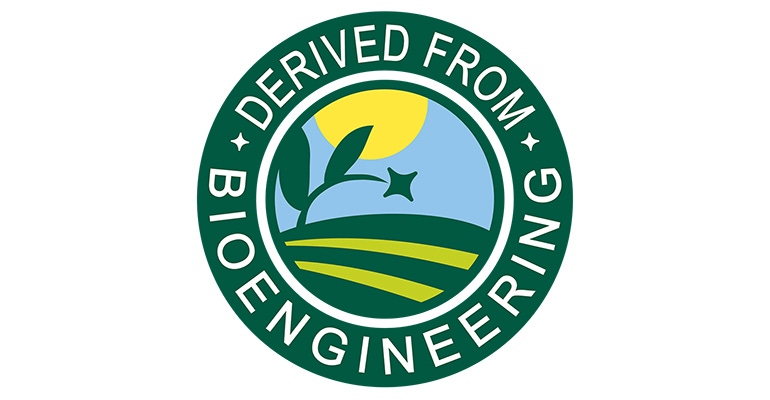Each day at 5 p.m. we collect the five top food and supplement headlines of the day, making it easy for you to catch up on today's most important natural products industry news.
December 22, 2021

Bioengineered food disclosure becomes effective next month
People in this industry are quite familiar with the Non-GMO Project Verified label, showing that the product has less than 1.0% GMO ingredients. Next month, a 2016 federal law goes into effect, requiring food manufacturers to prominently display on the product packaging if the food contains 5% or more genetically modified ingredients. But will consumers care? Modern Farmer speaks with the author of a Cornell study on GMO-related labels.
No more polystyrene containers in New York
Beginning Jan. 1, single-use Styrofoam food packaging and packing peanuts will not be allowed in New York. The entire state, not just the city. A few exceptions apply, however: Styrofoam trays for raw meat and seafood sold to consumers will still be allowed, and nonprofits and other organizations who feed people in need can obtain a waiver to continue using Styrofoam packaging. The Spoon says packaging made from plant-based fibers such as sugar cane, corn and bamboo is one alternative food companies are considering.
Generational farming practice releases nitrous oxide into atmosphere
Like the Western United States, Mexico is suffering severe drought. But a particular farming practice along the coast of the Gulf of California might be contributing to global warming. A combination of nitrogen-based fertilizer and water—mixed when no plants are in the ground to absorb it—creates surges of nitrous oxide that are released into the atmosphere. The Washington Post reports that the gas is 265 times more powerful than carbon dioxide in heating the atmosphere—and it lingers for more than 100 years.
Farming is a high-value, low-margin, risky business
Beth Hoffman, daughter-in-law of an Iowa farmer, tells her family's story of farming, showing how it's changed in the last 50 years and how it differs from other small businesses. "The more farmers invest and produce, the more their neighbors also need to invest and produce, driving the price for goods lower and lower as more and more product floods the market," Hoffman writes. This book excerpt is available at Earth Island.
Will fishermen pay for prime spots? Maybe.
The United Nations estimates that one-third of fish species are overfished. In response, marine protected areas that ban fishing have been created to allow species to gain population. Interestingly, waters near marine protected areas also see an increase in fish stock. Unfortunately, those fish are often poached and protecting them is expensive. A graduate student at University of California, Santa Barbara, explains to Hakai magazine how a counterintuitive idea—selling access to the right to fish just outside these areas—might help protect them.
About the Author(s)
You May Also Like


